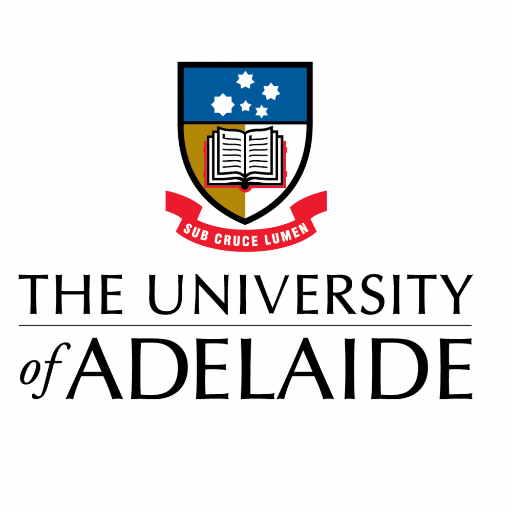H2O: Life and Death - Call for Submissions
Waters are contested entities that are currently at the centre of most scientific discussions about sustainability. Discourse around water management underlines both the serious absence and devastating overabundance of water: rising sea levels compete against desertification; hurricanes and floods follow periods of prolonged drought.
As we increasingly pollute, canalise and desalinate waters, the ambiguous nature of our relationship with these entities becomes visible. From the paradisiac and pristine scenery of holiday postcards through to the devastated landscapes of post-tsunami news reports, images of waters surround us. And while we continue to damage what most sustains us, collective precarity grows. It is therefore unsurprising that shifting our understanding, and subsequent use, of water has been described as one of the biggest—and most pressing—challenges of our time.
This conference asks: How can we explore and re-make what waters mean to us?
We are interested in examining water as a simultaneously scientific and symbolic, material and imaginary, practical and aesthetic medium within lived communities. By exploring waters, and how their absence or presence shapes our sense of identity and belonging, this conference aims to question and potentially challenge our cultural construction and representation of water in order to reimagine how we might relate to waters. We are particularly interested in how art responds to the precarity and injustice arising from water distribution and use; and how we can navigate growing discrepancies in the impacts of watery ‘disasters’.
This conference welcomes collaborative and/or transdisciplinary contributions, both critical and artistic, that address the following lines of enquiry:
-
Waters-in-Between: waters as spaces that connect different diasporic contexts; waters as the concrete manifestation of boundaries, borders or separation; waters as transitory or ephemeral spaces;
-
‘Other’ Waters: the role of waters in non-Eurocentric or non-anthropocentric frameworks and imaginaries;
-
Silenced Waters: waters in colonial encounters; postcolonial readings of waters in settler nations;
-
Passageway Waters: waters that symbolise liminal states, such as death; waters as a source of refuge, protection, rejection and vulnerability in migratory contexts; waters as a source of physical and spiritual fantasy and ruin;
-
Lost Waters: threatened and wasted waters in the Anthropocene; remnants of waters; memories of waters; reconfigurations of waters;
-
Muddy Waters: competing discourses around water and justice; water and war; water and ethics; underground or deep waters; waters and cartographies;
-
Singing Waters: waters in translation; the poetics of waters; waters and different temporalities and cultural understandings;
-
Global Waters: water as a human right and responsibility; waters as multi-spatial entities that join different nations;
-
Gendered Waters: anthropomorphism and waters; liquid bodies and fluid identities; historical or cultural analyses of gendered identifications with waters;
-
Gestational Waters: waters as a source of relation and creation in societies, cultures, religions and art; waters as connectors and facilitators, as a source of life and inspiration.
Please send a 200 word abstract along with a short biography to Camille.Rouliere@adelaide.edu.au before May 16, 2017. Acceptance will be notified by June 15, 2017.
Selected papers from the conference will be published in an anthology with a world class publisher.
